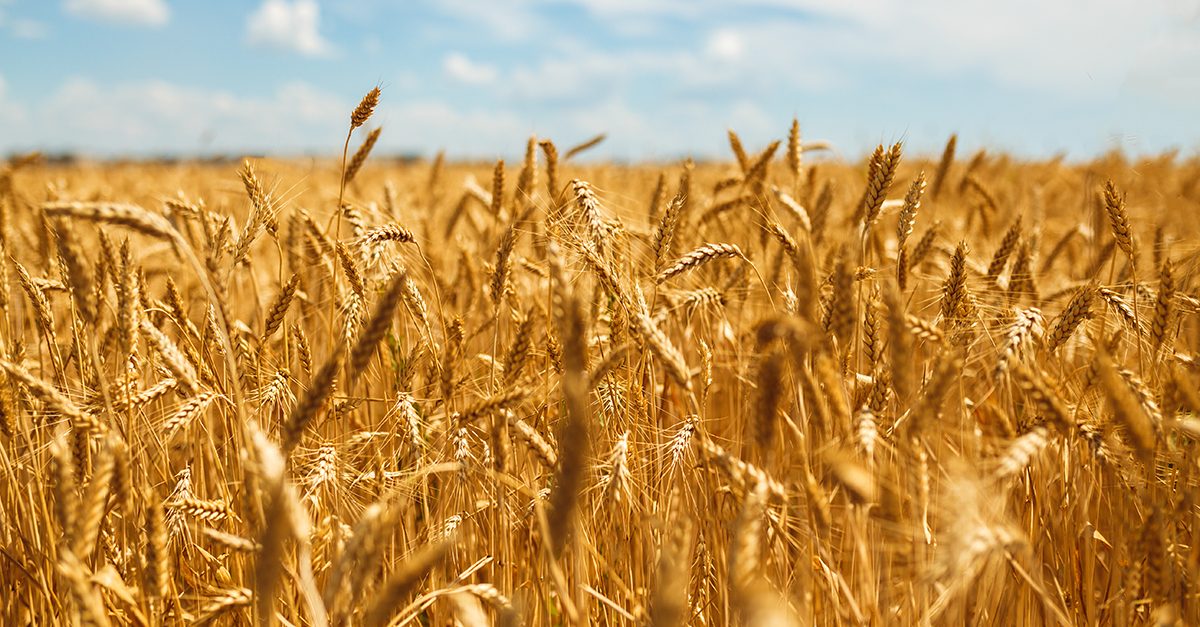“Who controls the food supply controls the people.” – Henry Kissinger
Key Points
- After decades of abundant food supply, abrupt changes in the agricultural commodity equilibrium may have long-lasting effects for consumers.
- Rising energy prices and geopolitical posturing appear likely to strain food delivery networks across the globe.
- Supply/demand dynamics in the agricultural sector provide opportunities for nimble investors to capitalize on the increasing dislocations in the supply chain.
The global agriculture and food network is an intricate, interconnected system. Any disruption to one part can have ripple effects throughout the entire network, often with unintended consequences. We believe that there is complacency about the supply of commodities in general, and agriculture in particular. Much of the world is accustomed to having a food supply that is readily available and cheap. However, there are numerous examples where food has the potential to spark economic and humanitarian crises. We see agriculture increasingly as both a driver and victim of geopolitical volatility.
The Haves and Have Nots
When investing in commodities, we refer to the concept of the ‘haves’ versus the ‘have nots.’ Consider the fact that approximately four-fifths of the world’s population lives in countries that are net importers of food. Using wheat as an example: in 2021, Russia and Ukraine were the world’s largest and fifth-largest exporters of wheat, respectively. According to the UN Food and Agriculture Organization, nearly 50 countries depend on Russia and Ukraine for more than 30% of their wheat imports (26 countries are over 50% reliant on the Black Sea region). Including all other agricultural products, Russia and Ukraine provide almost an eighth of the global calories traded. Approximately 86% of all global wheat exports come from only seven countries, with three countries holding nearly 68% of the total world’s wheat reserve.[1] To put these figures into context, one of the biggest commodity cartels, the Organization of the Petroleum Exporting Countries (OPEC), controls only one-third of global crude oil supply. Disruption in one region of ‘haves’, in this case Russia and Ukraine, could have massive ramifications for the global community that relies on stable trade flows.
Interconnection with Traditional Energy
Tested for blog template
Important information
Issued by Newton Investment Management North America LLC ("NIMNA" or the "Firm"). NIMNA is a registered investment adviser and subsidiary of The Bank of New York Mellon Corporation ("BNY Mellon"). The Firm was established in 2021, comprised of equity and multi-asset teams from an affiliate, Mellon Investments Corporation. The Firm is part of the group of affiliated companies that individually or collectively provide investment advisory services under the brand "Newton" or "Newton Investment Management" ("Newton"). Newton currently includes NIMNA and Newton Investment Management Ltd. ("Newton Limited").
Material in this publication is for general information only. The opinions expressed in this document are those of Newton and should not be construed as investment advice or recommendations for any purchase or sale of any specific security or commodity. Certain information contained herein is based on outside sources believed to be reliable, but its accuracy is not guaranteed. Statements are correct as of the date of the material only. You should consult your advisor to determine whether any particular investment strategy is appropriate.
Personnel of certain of our BNY Mellon affiliates may act as: (i) registered representatives of BNY Mellon Securities Corporation (in its capacity as a registered broker-dealer) to offer securities, (ii) officers of the Bank of New York Mellon (a New York chartered bank) to offer bank-maintained collective investment funds, and (iii) Associated Persons of BNY Mellon Securities Corporation (in its capacity as a registered investment adviser) to offer separately managed accounts managed by BNY Mellon Investment Management firms, including NIMNA and (iv) representatives of Newton Americas, a Division of BNY Mellon Securities Corporation, U.S. Distributor of Newton Investment Management North America.
This material is for institutional investors only. This publication or any portion thereof may not be copied or distributed without prior written approval from the firm.
No investment strategy or risk management technique can guarantee returns or eliminate risk in any market environment and past performance is no indication of future performance.
Any forward-looking statements speak only as of the date they are made, and are subject to numerous assumptions, risks, and uncertainties, which change over time. Actual results could differ materially from those anticipated in forward-looking statements.
Information about the indices shown here is provided to allow for comparison of the performance of the strategy to that of certain well-known and widely recognized indices. There is no representation that such index is an appropriate benchmark for such comparison.





Comments